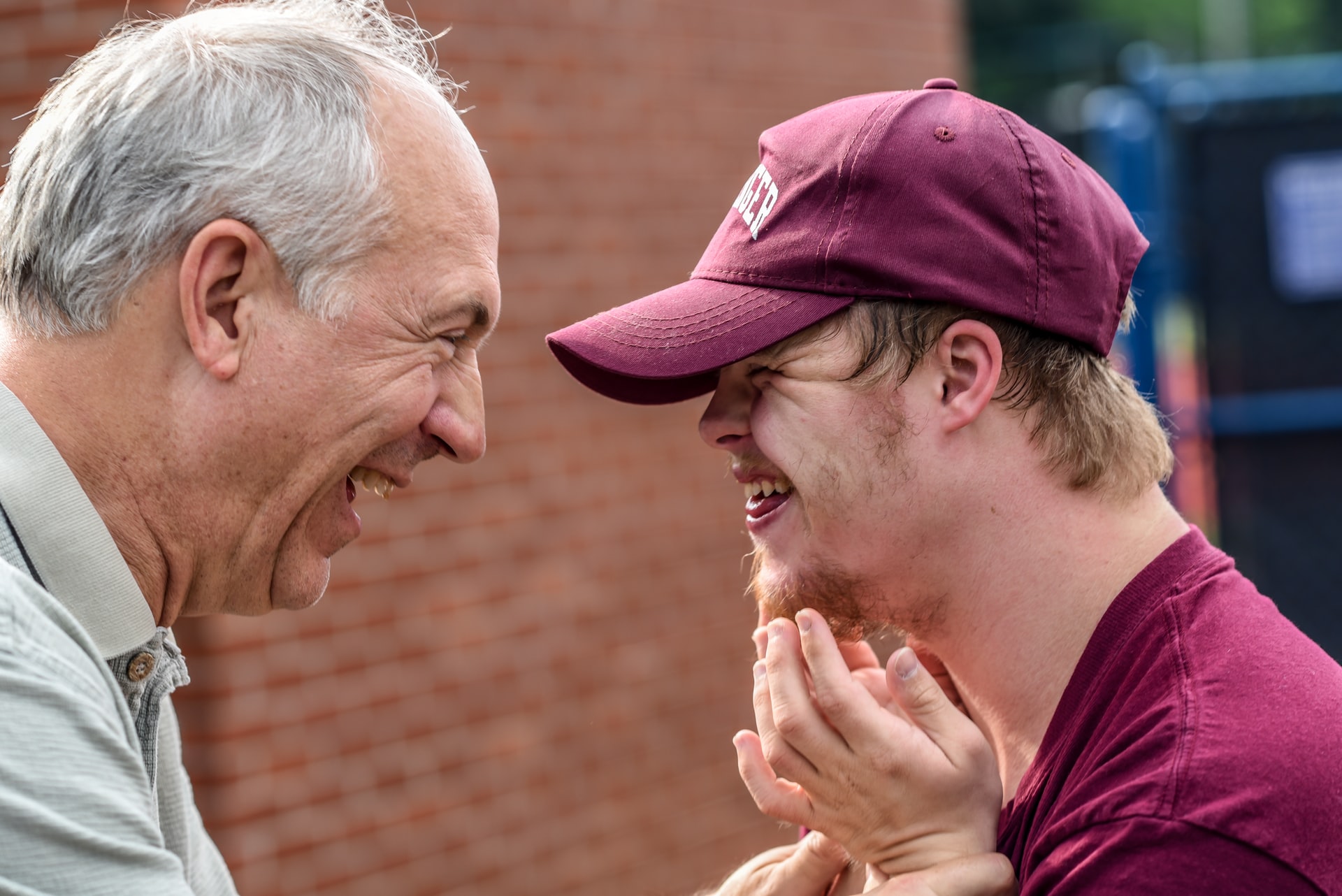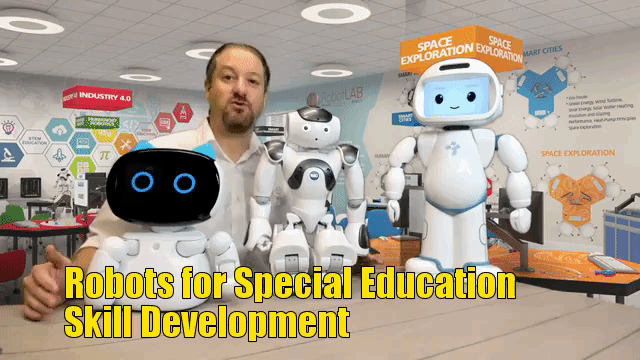 Photo by Nathan Anderson on Unsplash
Photo by Nathan Anderson on Unsplash
Adaptive behavior is defined as the set of skills that individuals should be able to perform at a certain age. Examples include social skills, cleaning, and personal grooming. Professionals call this life skills social competence, or adaptive behavioral functioning.
Children with special needs might be delayed in these areas. Part of the assessment for children with special needs is their ability to perform behaviors like those listed above.
As children mature, they can display more complex adaptive behaviors. Preschool-aged children learn to get dressed on their own and tie shoelaces. Third graders can order for themselves at a restaurant. Sixth graders can do certain chores and manage their allowance. Teenagers become more independent by taking public transport on their own, drive and perhaps even do grocery shopping.
Assessment for Adaptive Behavior
The examples cited above are examples of age-appropriate behaviors for each age group. There are behavioral milestones to be achieved, and the inability to do so can be a cause for concern to parents. Achieving behavioral milestones is the standard that serves as a guide when observing a child’s development.
To help determine whether a child has learning delays and or disabilities, they are assessed using adaptive behavior assessments.
Parents, teachers, and other primary caregivers of the child are asked to accomplish a questionnaire. This is done in conjunction with other tests administered by professionals in a controlled setting. The questionnaire will hopefully help the professionals get a better picture of the child’s behavior outside of the testing site.
No Disability or Delay, But Not Adapting: What is Wrong?
Not all children who are not adapting have special needs. Some children can be unable to perform adaptive behaviors despite not having learning disabilities and delays.
I was once asked about an 8-year-old child who could not dress herself and put on her socks. During the interview, the parent confessed that she dressed her daughter every morning before they both head out—she to the office, her daughter to school. She did this because it was the fastest way to get ready and leave in the morning. The mother thought that she was being efficient every morning, but it unknowingly prevented the mastery of adaptive behavior.
Mastering Adaptive Behaviors Take Time
Children with special needs need to be assessed so that they can be taught adaptive behaviors. Those that do not have special needs need to have the opportunity to master these adaptive behaviors. Parents should give them the time and space to make mistakes to figure out the solution for themselves. Soon enough, they will be ready to take on bigger responsibilities.
Final Thoughts
Kids these days live in an era of convenience and smartphones. They hardly have to stand up to get things done. Parents should still give their children age-appropriate tasks like assigning household chores. Through these tasks, the child can master adaptive behaviors, which will prepare them for adulthood.
Discover more tools for kids with Special Needs with RobotLAB!



